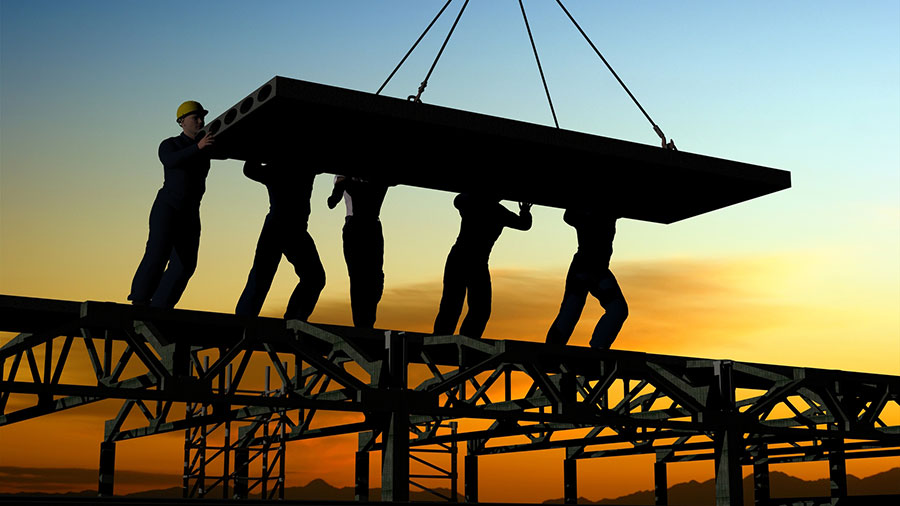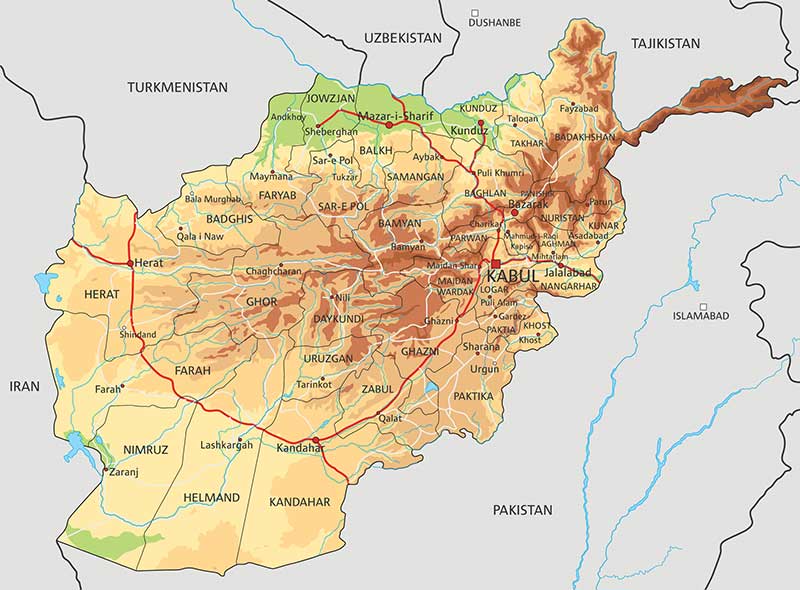Turkmenistan Looking At Developing An Industrial Processing Complex On Border With Afghanistan

Turkmenistan is discussing the building of a processing industrial complex on its border with Afghanistan, following suggestions made by a Kazakhstan government delegation during a visit to Ashgabat this week.
The proposed complex’s construction was discussed during a working meeting between President Gurbanguly Berdimuhamedov and Kazakh government officials on February 15.
The new industrial park is expected to be built in the Mary region’s bordering Serhetabat district, where the processing enterprise will have access to road and rail infrastructure. That has a border crossing with Afghanistan, and a main road leading to Herat, one of Afghanistan’s key commercial hubs with road links also to Iran. It also has direct links to the Turkmenbashi Port on the Caspian Sea and will connect Afghanistan indirectly to the INSTC and markets in Russia and India.

Berdimuhamedov directed that the details of the future project be worked out, as its implementation will play a significant role in the development of cooperation and cooperation ties, as well as the creation of new jobs.
Since the withdrawal of the United States from Afghanistan, much of the burden in keeping the peace, providing regional security and assisting with the reconstruction of Afghanistan has fallen onto its neighbours and the collective Shanghai Cooperation Organisation. China is also very much involved in this process, assisting with the development of security on the Tajikistan-Afghanistan border while also funding CPEC projects in Pakistan, including the Rashakai Economic Zone close to the Afghanistan border at Nangahar with routes through to Kabul.
The emphasis is now on returning Afghani men into semi-skilled and skilled workers to help reboot Afghanistan’s economy after decades of conflict, while at the same time helping to maintain peace. That process has not been helped by the United States, who have refused to return to Afghanistan the US$7 billion in reserves held on account and have instead decided to disperse it amongst US victims of 9/11 and aid packages. This sets an uncomfortable precedent of Washington’s breach of trust and fiduciary duty as concerns central bank reserves status changing from belonging to the Afghan people to being the transferable property of the United States.
Both China and India meanwhile have been wooing Central Asian nations and will have been discussing Afghanistan reconstruction projects as part of the remit. China held its China Plus Central Asia meeting recently, while India followed with its own summit shortly afterwards. It will take time to assess the needs of Afghanistan and for the Taliban to build trust, however projects such as the Turkmenistan and Pakistan commercial developments, coupled with Central Asian investment finance being funneled through Urumqi do provide some hope that in time wealth will be created with a knock-on effect to help settle Afghanistan down into a new reconstruction and development phase.
Related Reading
About Us
Chris Devonshire-Ellis is the Chairman of Dezan Shira & Associates. The firm assists British and Foreign Investment into Asia and has 28 offices throughout China, India, the ASEAN nations and Russia. For strategic and business intelligence concerning China’s Belt & Road Initiative please email silkroad@dezshira.com or visit us at www.dezshira.com





